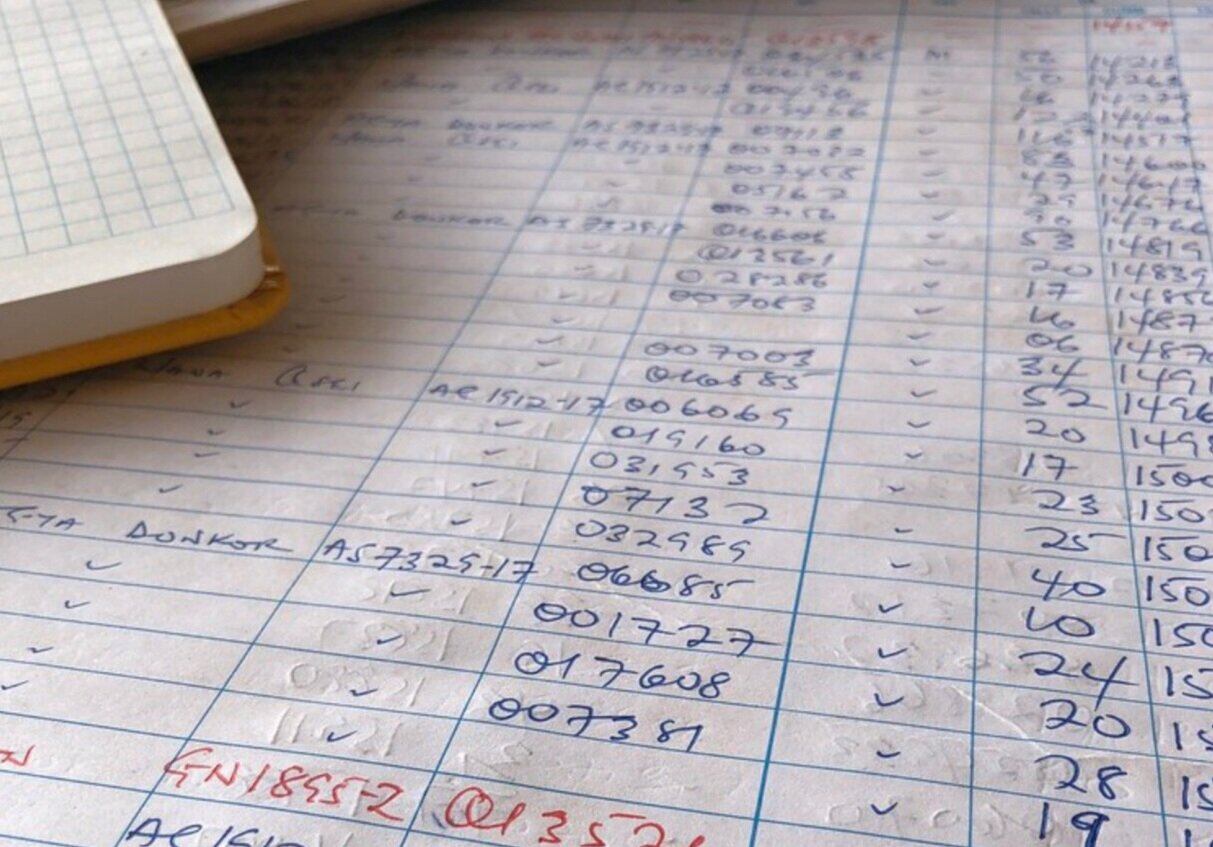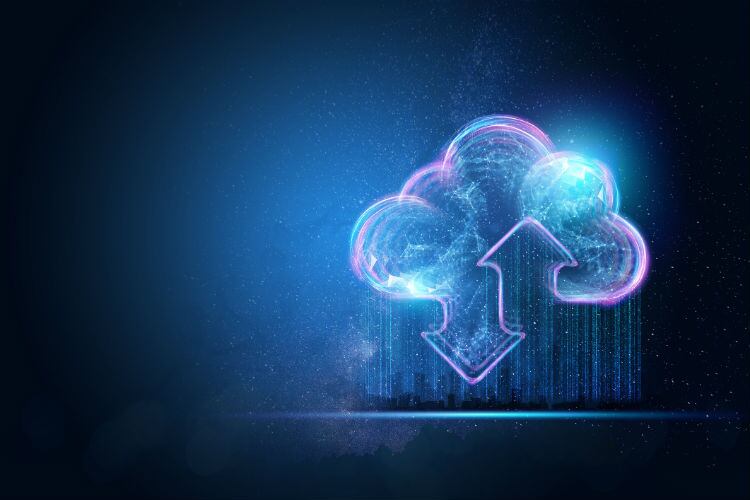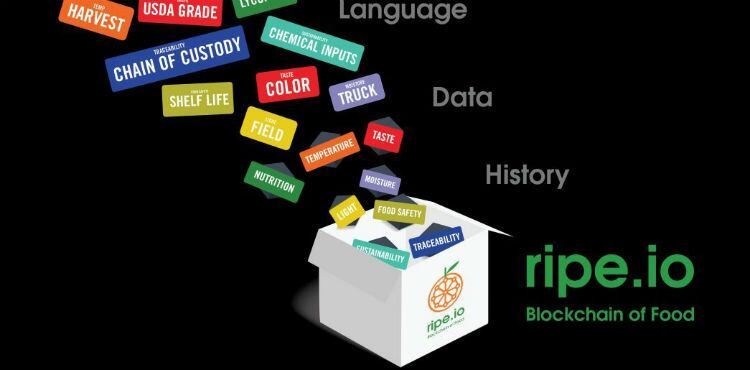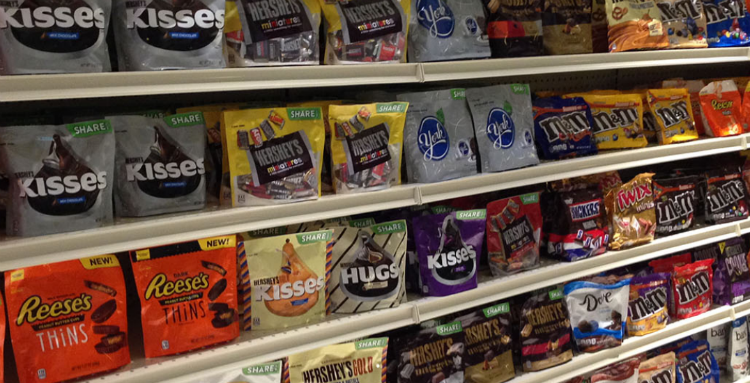‘Companies regularly make sustainability claims about their supply chains, from ethical and organic to deforestation- and child labor-free. These claims were traditionally supported by audits and certifications, which only validate a sample of suppliers, but new legislation requires accountability for the full end-to-end supply chain. With companies sourcing from thousands of suppliers and new technology that enables end-to-end traceability, audits and certification are no longer best practice: it’s time for comprehensive supply chain due diligence. That’s where supply chain transparency comes in,’ writes Leonardo Bonanni, in a blog on his company website sourcemap.com.
Bonanni, Sourcemap’s founder and CEO, expanded on the due diligence approach during a breakout session on blockchain technology at the WCF Partnership Meeting in Berlin, which looked at how traceability tools could help the cocoa sector in eradicating child labor, deforestation and poverty in its supply chain.
Arguably, deforestation is at the forefront of supply chain issues in the coca sector. He told the audience that only in the past two years has it been possible to trace every small transaction in the certified supply chain, and a lot of the credit should go to the Cocoa & Forests Initiative for its role in mapping farms.

He said that, although mobile technology is needed on the farms and $40 android phones will do the job, the process of digitizing is still a struggle in cocoa-growing communities because the data is either still on paper or it doesn't exist at all.
“We're trying to get that data that doesn't exist into the cloud through whatever means necessary,” he said.
“We know that a lot of the data is actually still on ledgers and needs to just be put into spreadsheets and uploaded to the cloud.”
As his work with Sourcemap continues, he said that when you start to crunch more data and cross-reference, you realize there's a lot of farms that are not performing (or producing) cocoa at all.
“They must be doing something else for someone else - and then there are a whole bunch of farms that are over performing in a way that doesn't really make sense right now.”
As a report this week in The Washington Post reveals, there remains glaring gaps in the audits covering hundreds of thousands of cocoa farms of which Utz is responsible for, ‘casting doubt on the claims by major chocolate companies that the monitoring efforts are eliminating those abuses’.
Audits
In five years’ time, digital blockchain technology could become standard for carrying out supply chain audits. ‘Many consumers willingly pay more for chocolate made from certified cocoa, and most of the large companies have pledged to certify most or all of their supply,’ The Washington Post writes.
Bonanni said companies like Sourcemap are there to help nudge the cocoa sector in that direction, “technology has made the price of traceability go significantly lower and is no longer an excuse”.
For now, Bonanni concedes that there is a mishmash of data sources, which probably goes someway to explaining the problems at Utz, and the system still depends on field data collection for offline traceability to obtain an accurate picture of a farmer’s output.
Maintaining an ongoing supply chain discovery, benchmarking and verification process is the only way to manage the risk of deforestation, he said, for example.
Impending customs compliance issues in the US and EU around child labor have made it necessary for all players in the cocoa supply chain to adopt a due diligence approach if they wish to stay within in the law. Transparency is the crucible of blockchain technology, because dodgy data will be uncovered, where ever it is in the supply chain.
World Economic Forum
The session was moderated by Nadia Hewett from the World Economic Forum, which has published extensive white papers on blockchain, one of which comes with this introduction:
‘Since data can be made visible to all participants who have been authorized to view it – and in general, cannot be altered by a single entity – customers can have confidence that data has not been tampered with along the way. On top of this, time-stamping can provide a single source of truth on the product’s history, from the harvesting of the materials to the shelving in a store. Knowing the full journey of a product comes with several benefits, including improved product safety, a reduction in fraud, and an increased accuracy in forecasting and collaborative planning within the industry.’
IBM
Paul Chang, global leader for Blockchain in the Distribution & Industrial Markets at IBM, said he has been working in ‘supply chain transformation’ for 15 years with the company, mainly with retail giants such as Walmart and Carrefour. But he has also developed transparency solutions for the coffee sector, linking consumers with growers directly and allowing them to see via an app not only where their coffee comes from, but contribute directly through a digital wallet to the running of the farm.
He said that in the network era we now live in, technology is multi-directional, instantaneous and from ‘one to many’, rather than one-to-one. He also called on companies to work together, and cited Walmart sharing its own platform with major competitors for the good of the industry.
At the end of the day it’s all about trust, the audience was told, and the cocoa industry should work together, drop the competitiveness in adopting new forms of technology and initiatives - only then will it clean up its supply chain once and for all.




